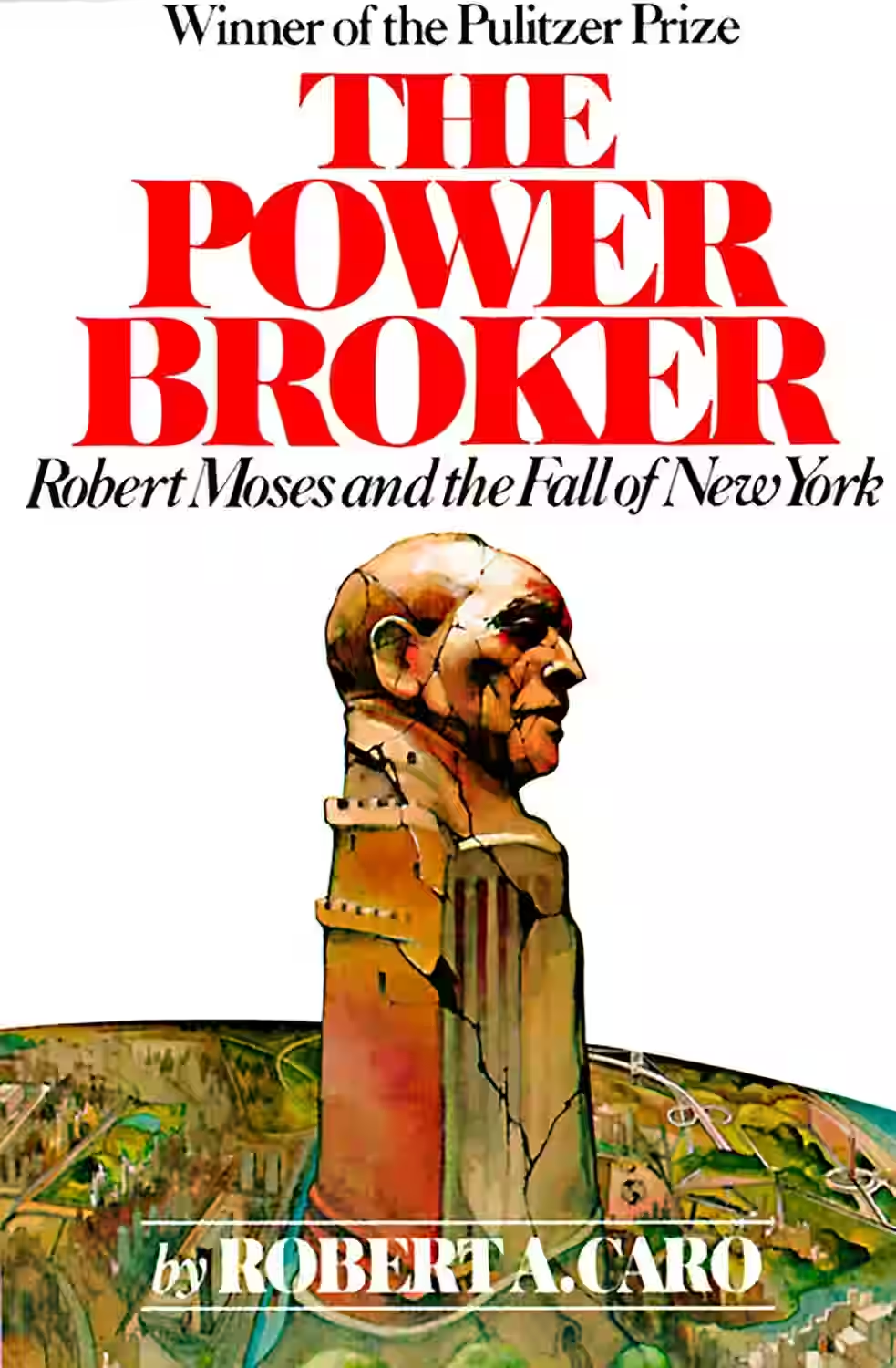
Robert A. Caro's magnum opus, 'The Power Broker,' is a monumental biography detailing the life of urban planner Robert Moses. Through meticulous research and vivid storytelling, Caro explores Moses's rise to power in shaping New York City's landscape, illuminating the intricate web of politics, power, and ambition that defined his legacy. From his grand infrastructure projects to his autocratic rule, the book delves into the consequences of unchecked authority and the price of progress. Caro's compelling narrative offers a profound reflection on the nature of power and its impact on society, making 'The Power Broker' a seminal work of political biography.
About Robert A. Caro
Robert A. Caro, an eminent American biographer, was born on October 30, 1935, in New York City. Known for his meticulous research and vivid storytelling, Caro has earned widespread acclaim for his biographies focusing on political figures, particularly his multi-volume works on President Lyndon B. Johnson. His groundbreaking book 'The Power Broker,' a biography of New York City's urban planner Robert Moses, solidified his reputation as a master biographer. Caro's work provides a deep insight into the complexities of power, politics, and governance, making him a significant figure in the realm of biographical literature.
Similar Books
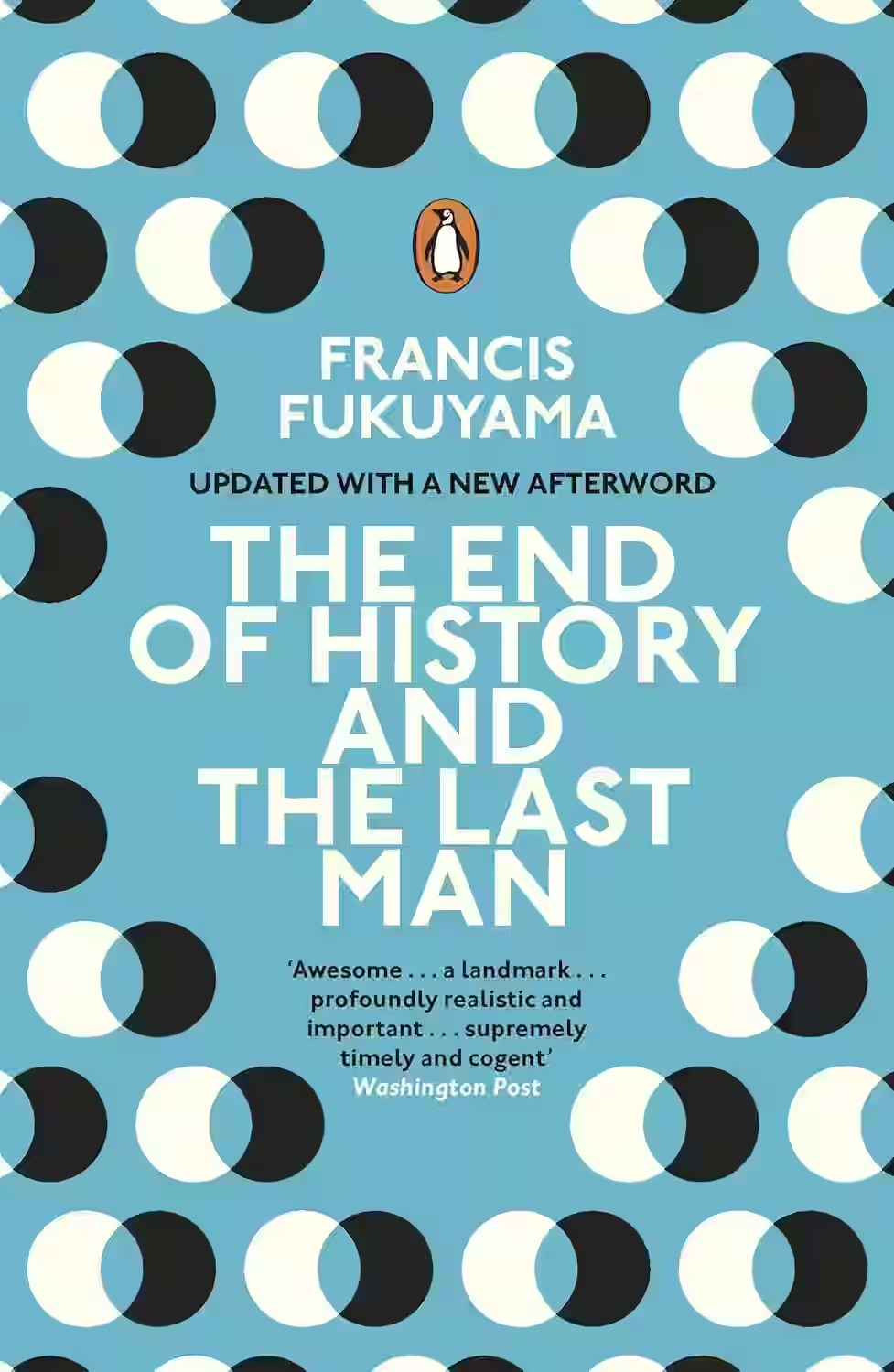
The End of History and the Last Man
In 'The End of History and the Last Man,' Francis Fukuyama explores the concept of the end of history, arguing that liberal democracy represents the final form of government and the ultimate goal of human socio-political development. Fukuyama delves into the Hegelian idea of humanity's journey towards a universal state of freedom and democracy, positing that the fall of the Soviet Union marked the realization of this vision. However, he contemplates the challenges to this theory, particularly the rise of identity politics and challenges to the liberal democratic order. This thought-provoking book continues to spark debates on the future of global governance and ideology.
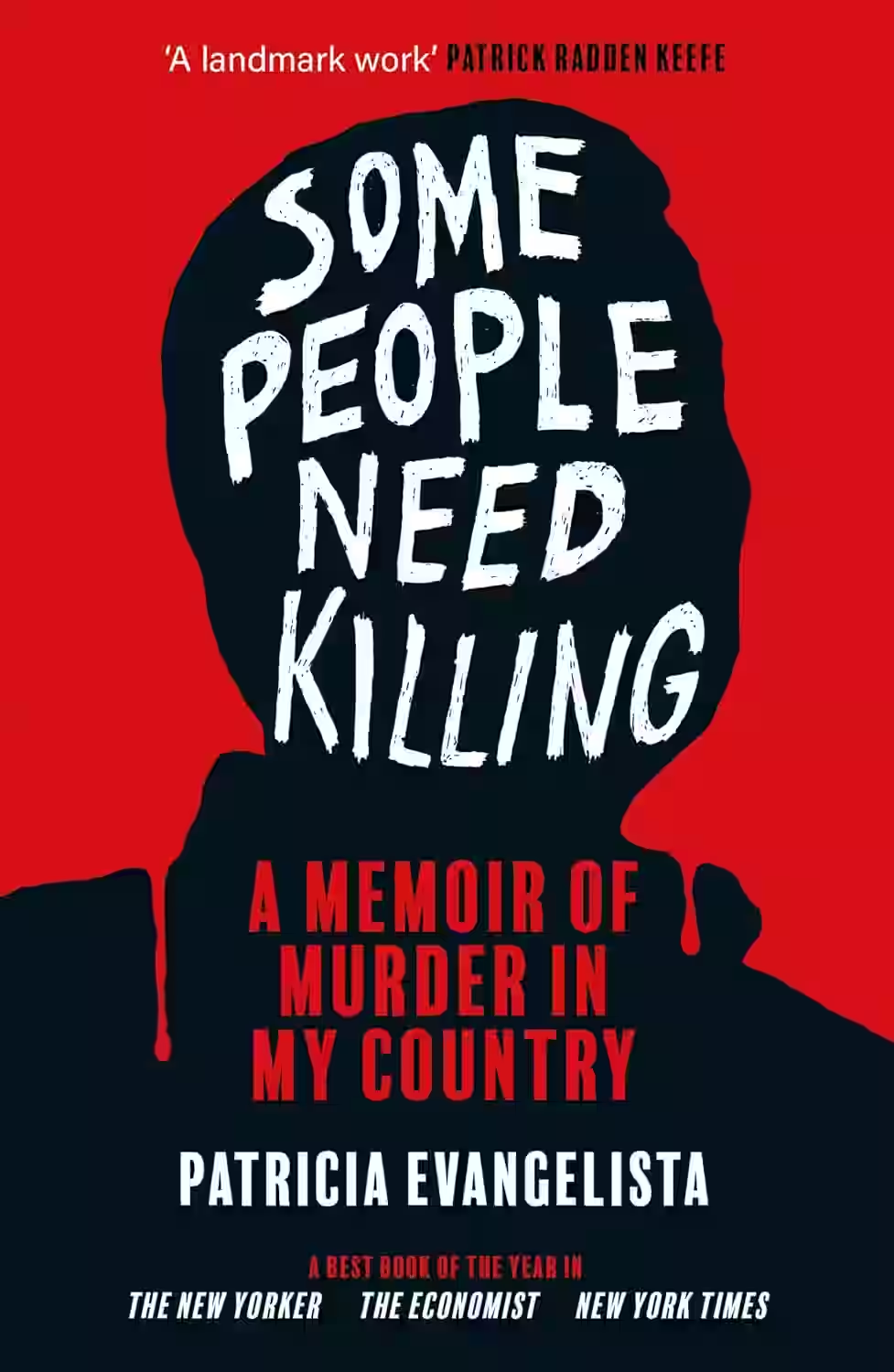
Some People Need Killing
In this harrowing and deeply reported memoir, journalist Patricia Evangelista documents Rodrigo Duterte’s brutal war on drugs in the Philippines. Drawing from years of firsthand reporting, Evangelista chronicles the violence, propaganda, and moral disintegration that defined a nation’s descent into authoritarianism. Through vivid narratives of victims, enforcers, and survivors, the book becomes a powerful indictment of state-sponsored killings and a meditation on fear, complicity, and resistance. Some People Need Killing is both a work of fearless journalism and a profoundly personal reckoning with truth and accountability in the face of terror.
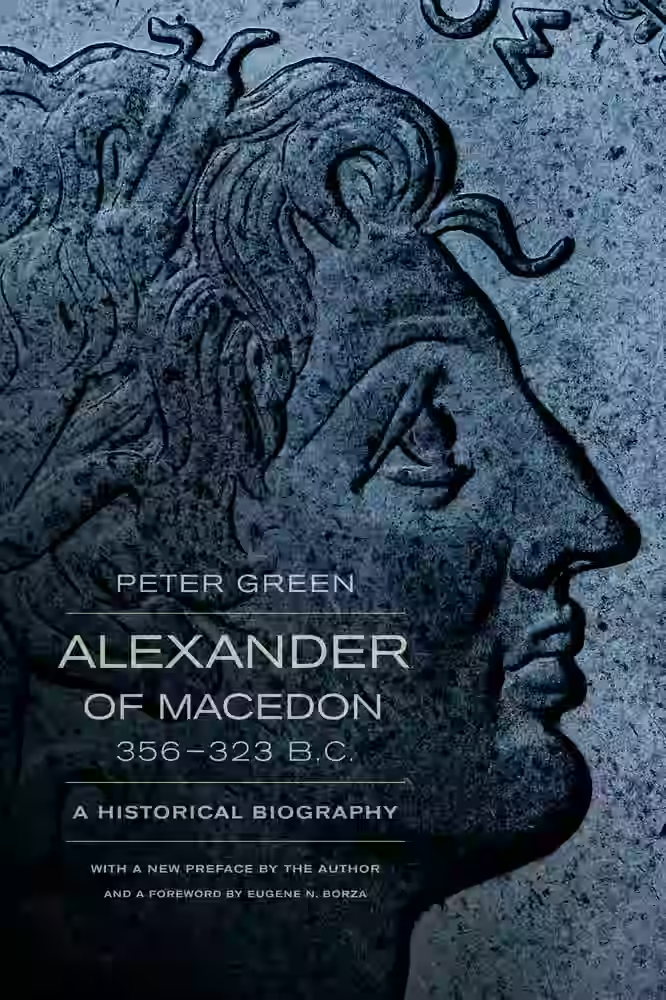
Alexander of Macedon, 356–323 B.C.: A Historical Biography
by Peter Green
In 'Alexander of Macedon, 356–323 B.C.: A Historical Biography' by Peter Green, readers are taken on a detailed and immersive journey through the life of one of history's most legendary figures. Green masterfully weaves together historical accounts, anecdotes, and analysis to present a vivid portrayal of Alexander the Great's rise to power, conquests, and legacy. The book explores Alexander's complex character, military strategies, relationships with his contemporaries, and the lasting impact of his conquests on Western civilization. Green's narrative is both scholarly and engaging, making this biography a must-read for history enthusiasts and those intrigued by the enigmatic figure of Alexander the Great.
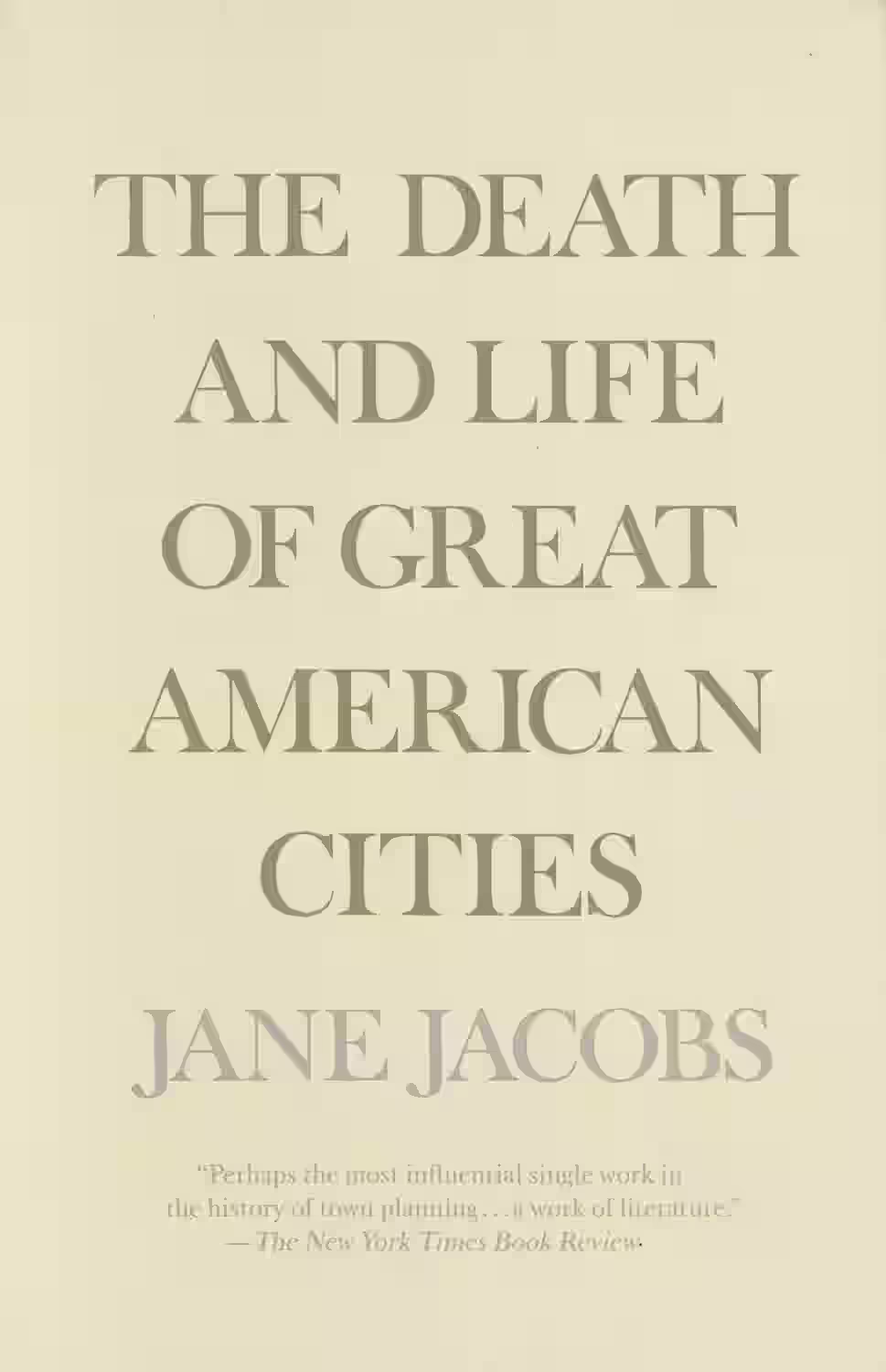
The Death and Life of Great American Cities
by Jane Jacobs
In 'The Death and Life of Great American Cities,' Jane Jacobs revolutionizes urban planning with her groundbreaking critique of urban renewal policies. Jacobs challenges the conventional wisdom of her time by advocating for diverse and vibrant neighborhoods that prioritize safety, walkability, and community engagement. Through meticulous observation and analysis, she presents a compelling argument against top-down urban planning approaches and champions the organic evolution of cities. Her work continues to shape contemporary urban planning discourse, inspiring a more people-centric approach to city design. 'The Death and Life of Great American Cities' remains a seminal text that redefines our understanding of urban life.